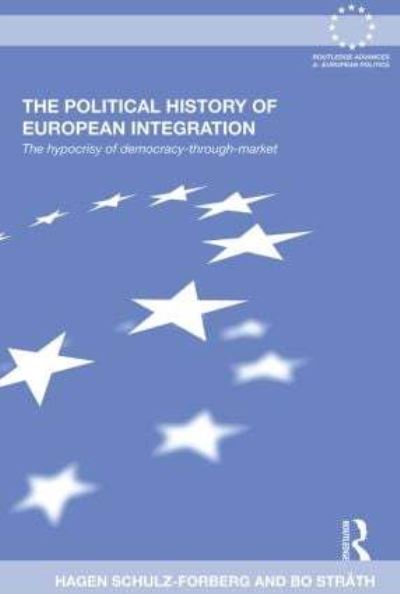
The Maastricht Treaty in 1992 was based on neoliberal ideas of a market-driven European economy and democracy, and continues to be seen as a step towards a new stage of unification: towards a more federal Europe based on market integration. The authors demonstrate that European integration as a federal project actually came to an end around 1970. The European Economic Community (EEC) - the precursor of EU - was never thought of as a democracy. The authors locate a shift in thinking about legitimacy and further integration in the 1980s when the idea of a European democracy was connected with a plan for the internal market: the market would pave the way for democracy. Since then, there has been a growing tension between the official line about a democratic EU and the institutional capacity to carry it through. This tension undermined integration. The book suggests that, instead of democracy-through-market, there are signs of increasing social disintegration, political extremism and populism in the wake of economic integration. Providing a more realistic historical understanding of European integration, this book will be of interest to students and scholars of political science, history and European studies.
| ISBN: | 9780415502757 |
| Publication date: | 9th January 2012 |
| Author: | Hagen SchulzForberg, Bo Stråth |
| Publisher: | Routledge an imprint of Taylor & Francis |
| Format: | Paperback |
| Pagination: | 256 pages |
| Series: | Routledge Advances in European Politics |
| Genres: |
Political structures: democracy Social and political philosophy International institutions Economic history European history Political science and theory |